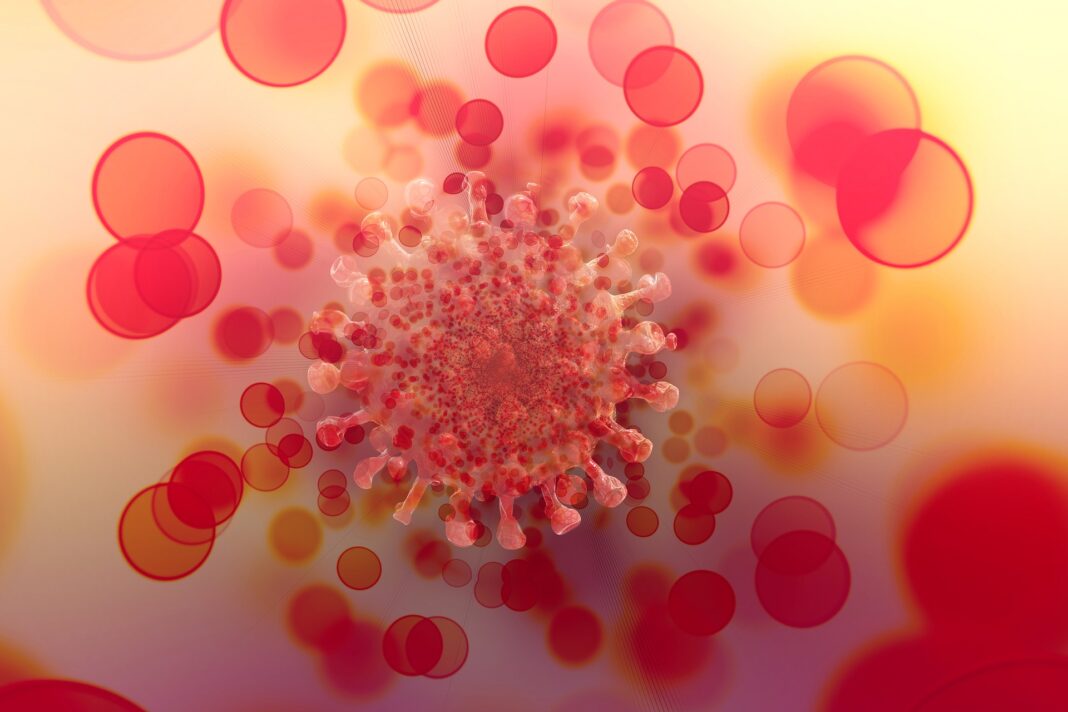First identification
On November 24, 2021, the World Health Organization (WHO) reported on a novel variant of severe acute respiratory syndrome coronavirus 2 (SARS-CoV-2), the B.1.1.529. Researchers first identified this novel variant from samples collected in Botswana on November 11, 2021 and in South Africa on November 14, 2021.
The World Health Organization termed this variant B.1.1.529 Omicron on November 26, 2021, and categorized it as a Variant of Concern, according to the recommendation of the Technical Advisory Group on Virus Evolution. This judgment was grounded on the confirmatory data that Omicron undergoes more than a few mutations that may influence its behavior. Soon after, the first confirmed case of Omicron was detected in the United States on December 01, 2021, followed by the United Kingdom, the Netherlands, Japan, and Australia.
Detection
The extensively used antigen-based rapid diagnostic tests and polymerase chain reaction are being used to detect Omicron variants.
Current research
Research groups across the globe have been contesting to comprehend the properties of this variant and its associated risks. Initial data collected from South Africa and other nations establish the high transmissibility of this variant, i.e., it spreads quite a few times quicker than the Delta variant. Moreover, it may have the capability to infect persons resistant to other variants. The proportion of individuals who tested positive for Omicron has increased in zones of South Africa.
A research team led by Alex Sigal at the Africa Health Research Institute determined the ability of antibodies present in the plasma to neutralize Omicron. This plasma was obtained from 12 completely vaccinated persons (Pfizer–BioNTech vaccine). Six of these persons did not have a history of COVID-19. The remaining six persons had been originally infected during the first wave of COVID-19 in South Africa.
Existing vaccines are estimated to safeguard against hospital admissions, major illness, and deaths because of an infection with this new variant. The current appearance of Omicron additionally highlights the significance of vaccination and boosters. Local and state public health administrators are closely working with the Centers for Disease Control and Prevention to observe the spread of Omicron. It is vital to recall that different variants of COVID-19 have the capability of causing death or severe disease, together with the dominant Delta variant. Therefore, it is necessary to prevent the spread of this virus and lower the risk of exposure. Currently, there are no data that Omicron leads to dissimilar COVID-19 symptoms from other variants.
Virologists Daniel Sheward and Murell at the Karolinska Institute mentioned that antibodies that neutralized Omicron were reduced in 17 healthcare workers and 17 Swedish blood donors. The healthcare workers had been infected before. However, the researchers could not define vaccination status in unidentified blood donors.
Prevention measures
The WHO has printed a guideline that recommends against bans on travel to prevent the spread of the virus. Their guideline comprises particular recommendations for procedures that would be beneficial, together with isolating new arrivals and encouraging travelers to test for the disease before and after their journeys.
In Gauteng, the most populous province of South Africa, Omicron accounts for the bulk of disease samples that have been sequenced in the last few weeks. There are variations in the magnitude of travel constraints. The United States is only stopping the entry of non-US inhabitants from particular countries. Similarly, Australia has made it mandatory for its residents and citizens to follow 14 days of quarantine after visiting countries at high risk in the last two weeks.
References
- Callaway, E. (2021). Omicron likely to weaken COVID vaccine protection. Nature, https://www.nature.com/articles/d41586-021-03672-3
- Centers for Disease Control and Prevention. (2021). Omicron Variant: What You Need to Know. Available at: https://www.cdc.gov/coronavirus/2019-ncov/variants/omicron-variant.html (Accessed December 20, 2021)
- Collins, F. (2021). Latest on Omicron Variant and COVID-19 Vaccine Protection. Available at: https://directorsblog.nih.gov/2021/12/14/the-latest-on-the-omicron-variant-and-vaccine-protection/ (Accessed December 20, 2021)
- Mallapaty, S. (2021). Omicron-variant border bans ignore the evidence, say scientists. Nature, 600(7888), 199-199. https://doi.org/10.1038/d41586-021-03608-x
- World Health Organization. (2021). Update on Omicron. Available at: https://www.who.int/news/item/28-11-2021-update-on-omicron (Accessed December 20, 2021)





